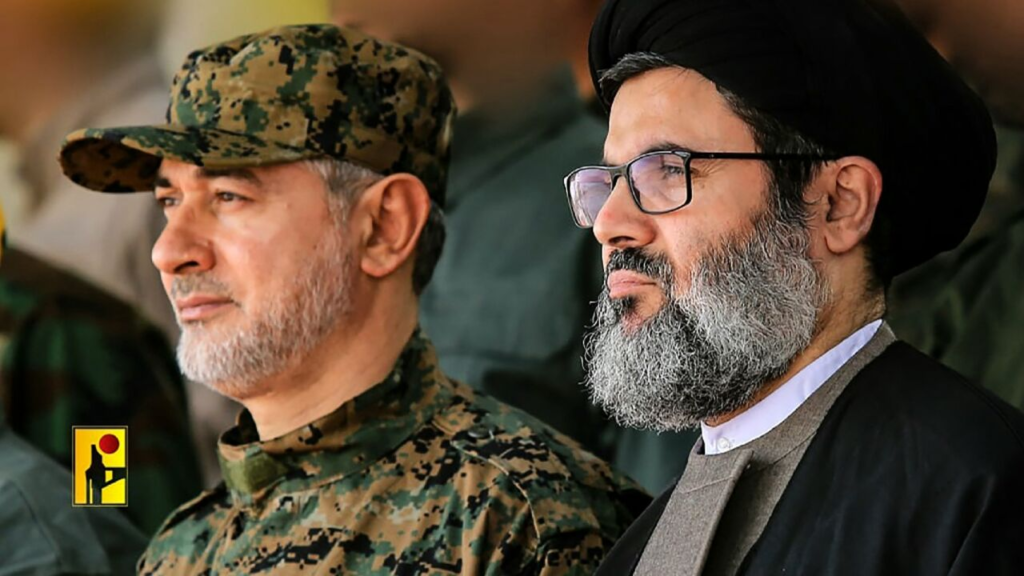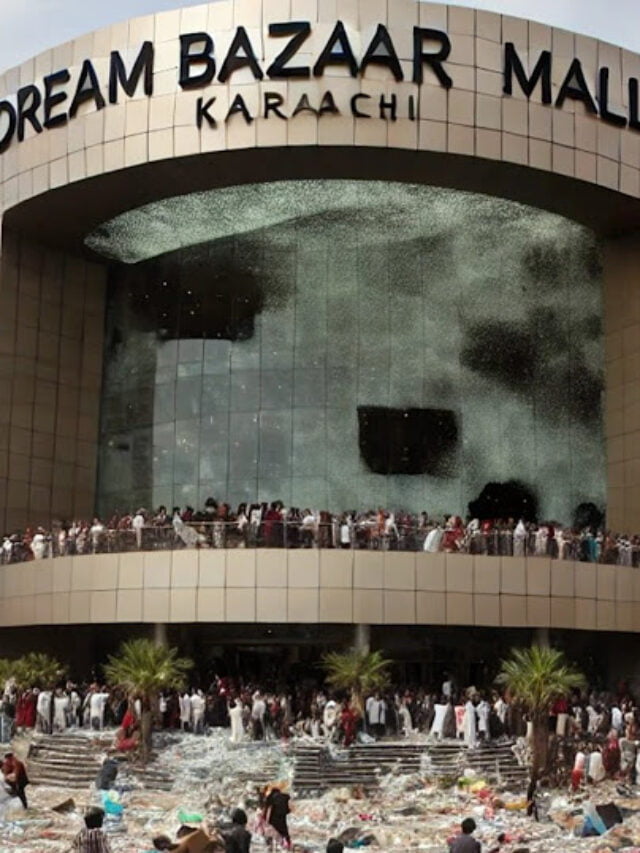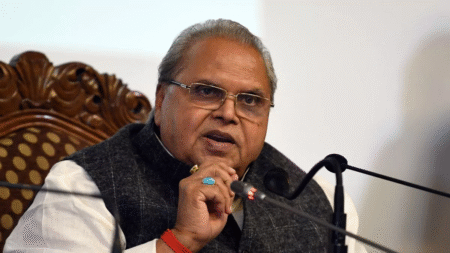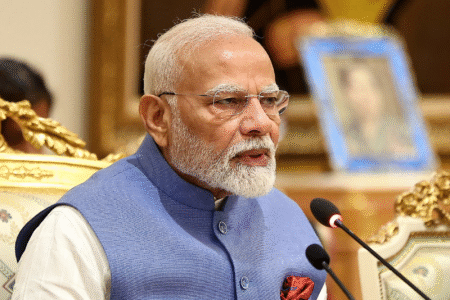In a sharp escalation of regional tensions, Israel has launched a targeted airstrike on Hezbollah leader Hassan Nasrallah in southern Beirut, Lebanon. The airstrike, which occurred in the early hours of Friday, is part of Israel’s ongoing efforts to counter Hezbollah’s growing military capabilities.

The attack has ignited fears of a broader conflict between the two sides, with Hezbollah’s leader Hassan Nasrallah issuing a strong warning of retaliation.
Rising Tensions Between Israel and Hezbollah
For years, Hezbollah, an Iran-backed militant group, has posed a significant threat to Israel, particularly from its base of operations in Lebanon. The group is considered a terrorist organization by Israel, the U.S., and several other nations due to its involvement in numerous attacks and its accumulation of advanced weaponry, including precision-guided missiles. Tensions have been especially high in recent months as skirmishes between Israel and Hezbollah fighters along the Israeli-Lebanese border have increased.
The latest airstrike comes at a time when both parties are exchanging hostilities, with Israel aiming to neutralize Hezbollah’s growing military influence. Hezbollah, which holds considerable political power in Lebanon, continues to be a pivotal force in the ongoing geopolitical rivalry between Israel and Iran.
Details of the Airstrike
According to reports, Israeli jets bombed Hezbollah’s main operational headquarters located in the Dahiyeh district of southern Beirut, a known Hezbollah stronghold. The attack caused significant damage to buildings believed to house command and control infrastructure for the militant group. While official reports on the number of casualties remain unconfirmed, it is suspected that several militants may have been injured or killed.
Israeli defense forces have maintained a policy of silence regarding specific military operations, but sources within the government hinted that the strike was part of a broader strategy to contain Hezbollah’s influence in Lebanon.
Hassan Nasrallah’s Response: A Warning of Retaliation
Hezbollah’s leader, Hassan Nasrallah, wasted no time in condemning the Israeli airstrike. In a televised address, Nasrallah called the attack a blatant violation of Lebanese sovereignty and a dangerous escalation in the ongoing conflict. He vowed that Hezbollah would retaliate in due course, warning Israel to prepare for consequences.
Nasrallah stated, “Israel continues to provoke us with their repeated aggressions. They believe their actions will weaken our resolve, but they are mistaken. The resistance stands stronger than ever. Our response will come when they least expect it.”
He further emphasized that Hezbollah would not allow Israeli actions to go unchallenged, urging his fighters and supporters to remain vigilant. Nasrallah’s rhetoric suggests that Hezbollah may consider more direct attacks on Israeli military targets, which could escalate the situation into a full-scale confrontation.
Regional and Global Implications
The airstrike and Nasrallah’s vow of retaliation have sent shockwaves through the region, with many fearing that Lebanon, already struggling with a severe economic crisis, could be drawn into a wider conflict. The situation also risks pulling in regional powers such as Iran and Syria, both of whom support Hezbollah militarily and politically.
The international community, including the United Nations, has urged restraint from both Israel and Hezbollah, warning that a full-blown war could have catastrophic consequences for Lebanon and the broader Middle East. Israel’s government, while prepared for a potential Hezbollah counterstrike, has indicated that it will continue operations to neutralize threats from the militant group.
Consequences for Lebanon
Lebanon is already grappling with a range of issues, from political instability to a collapsing economy. The country’s infrastructure is in disarray, with widespread poverty and unemployment. Any further escalation between Hezbollah and Israel could exacerbate Lebanon’s humanitarian crisis, as civilians would likely be caught in the crossfire of an expanding conflict.
Also Read : China’s First in 40 Years Missile Test: A Pre-War Message to the West?
Beirut, the capital city, which still bears the scars of the 2020 port explosion, could face further devastation if violence continues to spiral. Many Lebanese fear that Hezbollah’s military operations against Israel could provoke harsher retaliations, which could target more civilian areas in Lebanon.
The Risk of a Broader Conflict
The airstrike on Hezbollah’s headquarters is seen by many analysts as a clear message from Israel to its regional adversaries, including Iran. Iran, which backs Hezbollah both financially and militarily, may see the attack as an affront to its own influence in the region. This raises the possibility of increased hostilities between Israel and Iranian-backed forces across the Middle East, not just in Lebanon but also in Syria and Gaza.
Israel has made it clear that it will not tolerate Hezbollah’s growing arsenal of rockets and precision-guided missiles, which pose a direct threat to its national security. On the other hand, Hezbollah’s leadership, under Nasrallah, remains defiant, signaling that it is prepared to continue its resistance against Israeli aggression.
Conclusion
Israel’s airstrike on Hezbollah’s headquarters in Beirut marks a dangerous escalation in the long-standing conflict between the two sides. With Hezbollah leader Hassan Nasrallah vowing retaliation, the situation has the potential to spiral into a broader regional conflict, with devastating consequences for Lebanon and the Middle East as a whole. As both sides brace for further confrontations, the international community remains on high alert, calling for restraint and a diplomatic resolution.
FAQs
1. Why did Israel target Hezbollah’s headquarters?
Israel views Hezbollah as a direct security threat due to its military buildup in southern Lebanon. The airstrike was part of Israel’s efforts to neutralize Hezbollah’s influence and prevent future attacks.
2. What is Hezbollah’s role in Lebanon?
Hezbollah is both a political and military force in Lebanon. While it participates in the Lebanese government, it also operates as an armed militia with significant military capabilities, often at odds with Israel.
3. How did Hassan Nasrallah respond to the airstrike?
Hezbollah leader Hassan Nasrallah condemned the Israeli airstrike, calling it a violation of Lebanese sovereignty. He vowed retaliation, warning Israel to prepare for consequences.
4. What are the potential consequences of this airstrike for Lebanon?
Lebanon, already dealing with severe economic and political crises, could face even more instability if the conflict between Israel and Hezbollah escalates. Civilian casualties and infrastructure damage are likely concerns.
5. Is there a risk of a broader regional conflict?
Yes. The situation could potentially involve other regional players, such as Iran and Syria, who support Hezbollah. The escalation could also destabilize the broader Middle East, leading to widespread conflict.
- Influencer like elvish yadav, raftaar, karan aujhla distroying indian youth Fueling India’s Online Gambling
- How to Stay Healthy During Flu Essential Tips for Every Family
- Satyapal Malik Death on 5 Aug 2025: Political Legacy That Shaped Indian Public Life
- Growing Legionnaires’ Disease Outbreak in NYC’s Harlem Claims Two Lives, Sickens Over 58
- Non-Alcoholic Drink Beer: fresh Alternative with a Unique Appeal
- Meet the Harley-Davidson X440: The Ultimate Desi Roadster













